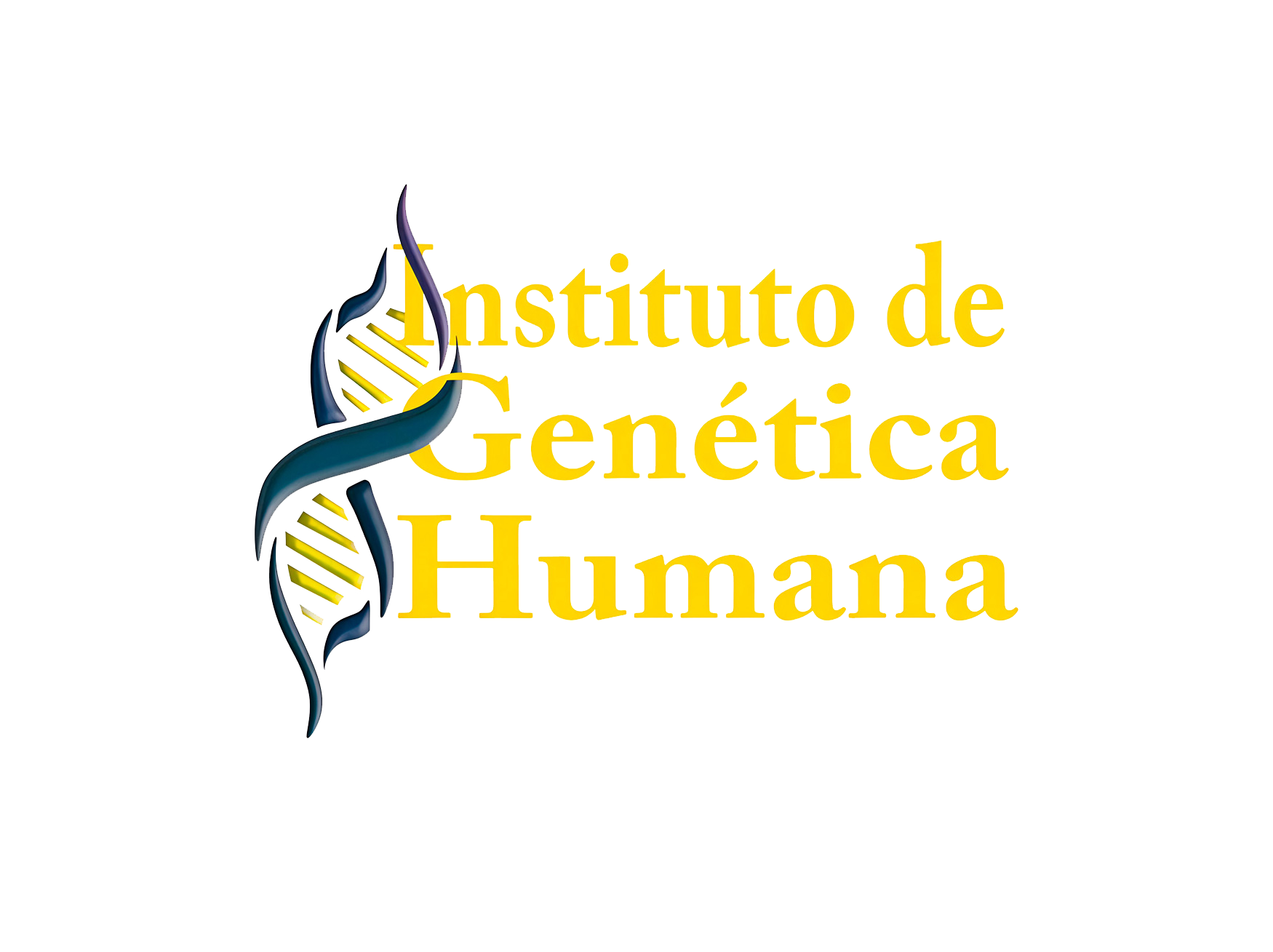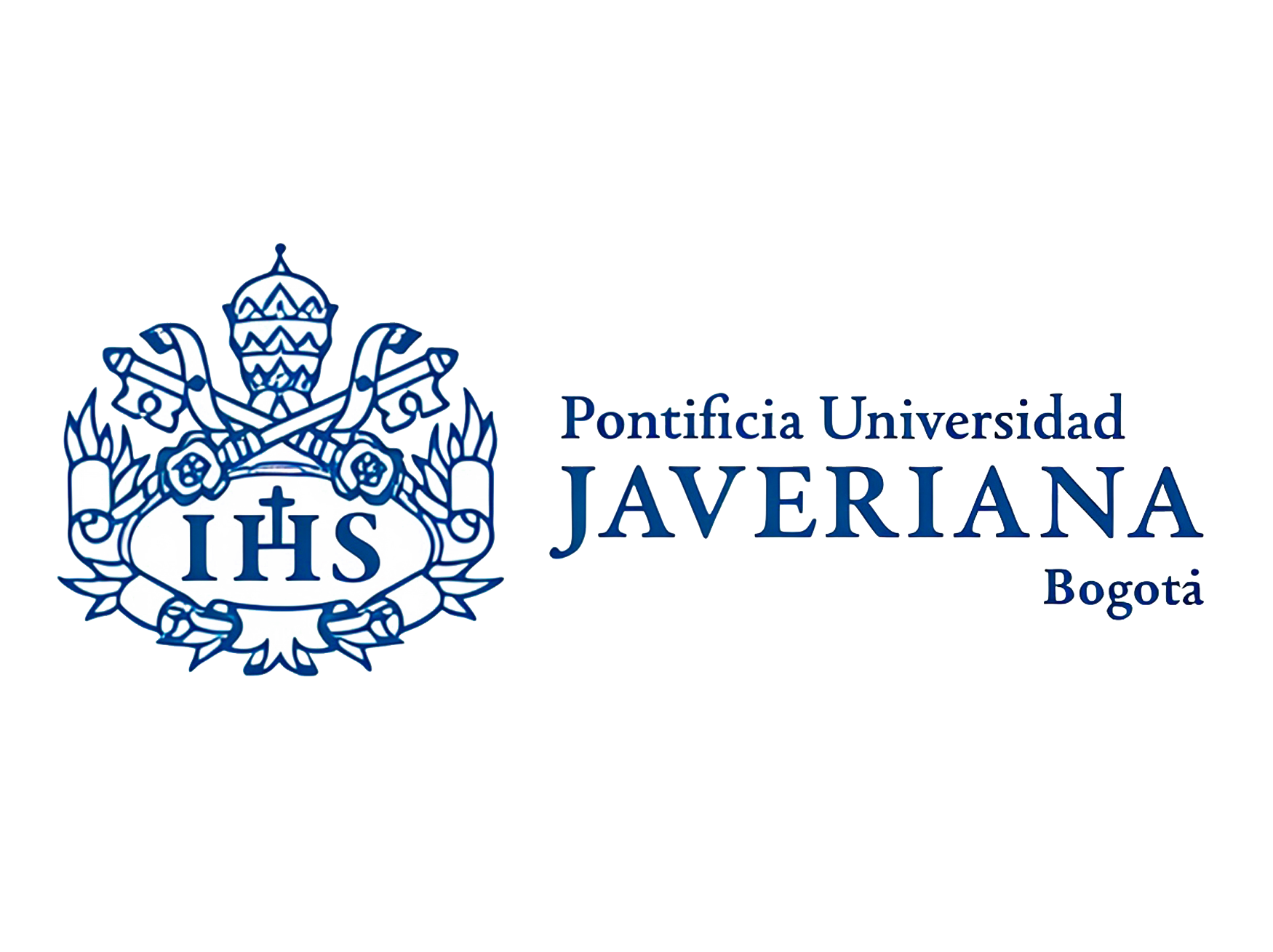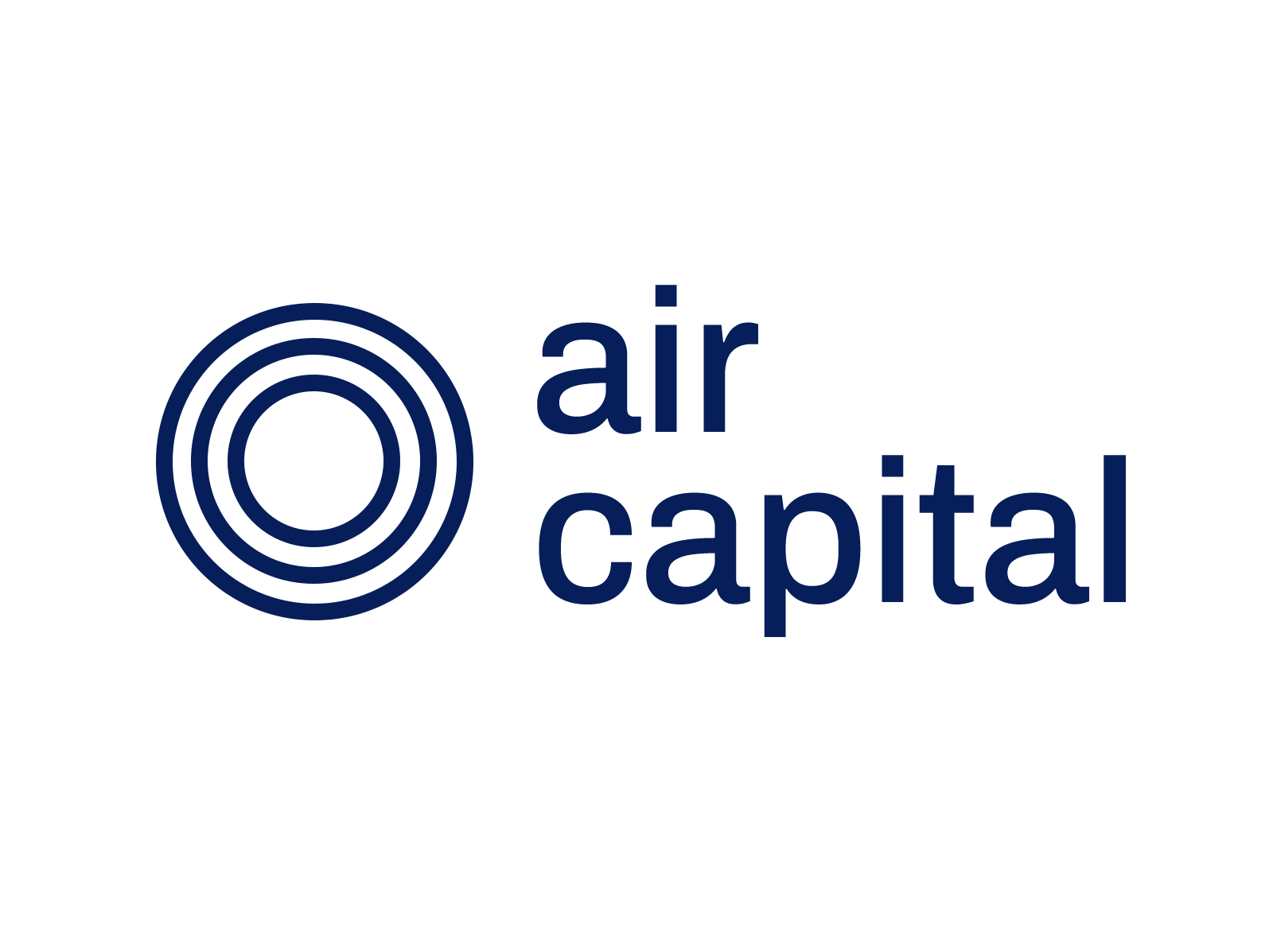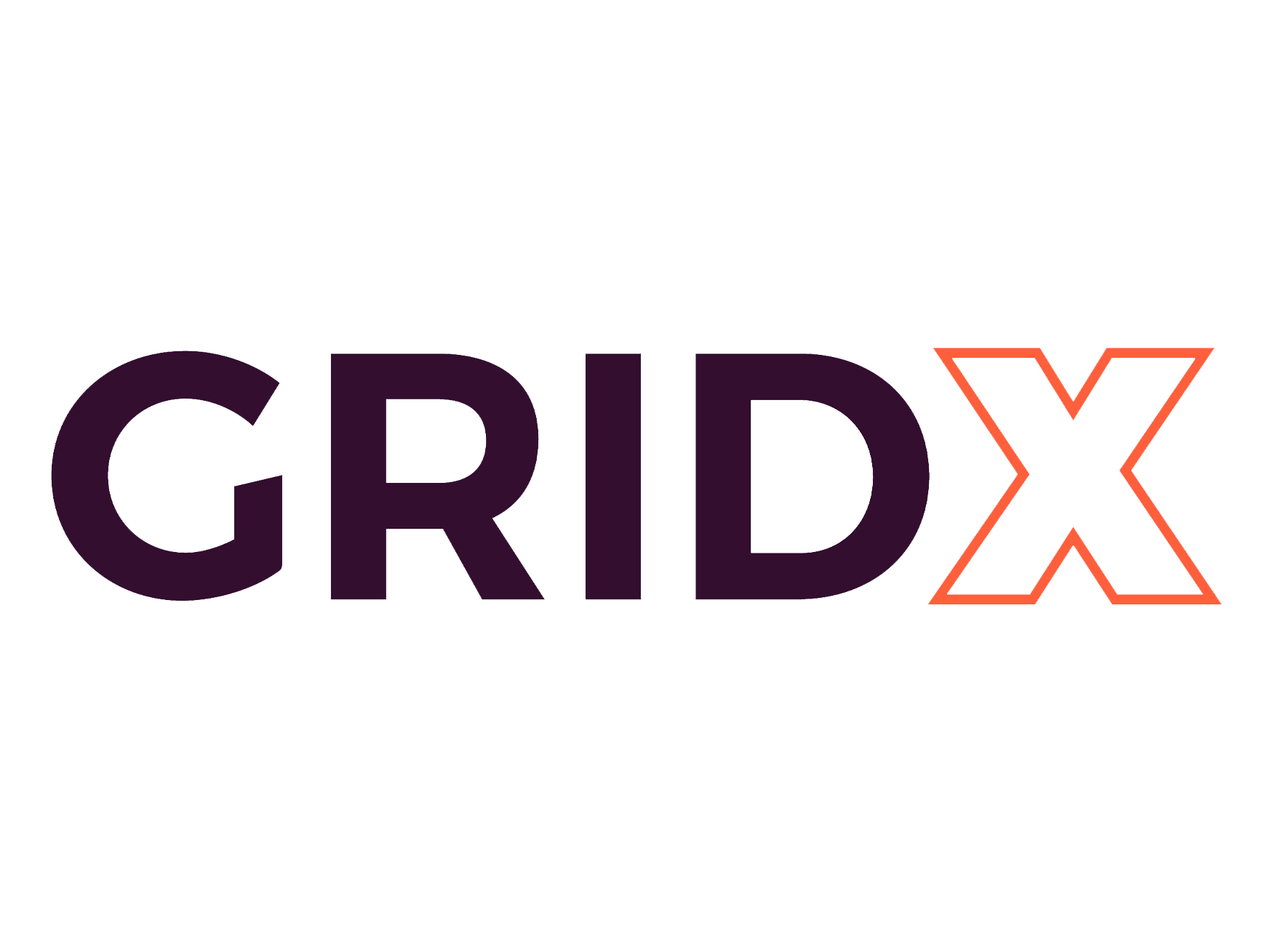CellRep:
Cell rejuvenation without gene editing making personalized medicine scalable
CellRep is pioneering a new paradigm in cellular medicine where cells are nature’s supercomputers—programmable systems capable of healing disease and redefining longevity.
Founded on groundbreaking immunology research from one of the world’s leading institutes, we’ve developed an AI-powered platform that reprograms cells without genetic modification. Our technology uses small molecules to dynamically enhance cellular function, addressing not just today’s therapeutic challenges but tomorrow’s longevity frontiers.
Transforming Cell Therapy Today
Our immediate focus targets the rapidly growing CAR-T market, where we’ve achieved remarkable results:
- 15+ validated molecular targets and 35+ compounds for T cell rejuvenation
- 2.5x improvement in T cell functionality (51-97% increase in “younger” polyfunctional cells)
- 2x enhancement in anti-tumor capacity against solid tumors
- 5 FDA-approved drugs identified for rapid repurposing
- Potential to reduce manufacturing time by 45% while improving efficacy by 50%
Building Tomorrow's Longevity Solutions
Our recent selection for prestigious international longevity and biotech conferences validates our broader vision. Cell reprogramming represents a fundamental approach to addressing aging at its source—cellular dysfunction. By rejuvenating exhausted immune cells today, we’re developing the toolkit to address age-related decline across all cell types tomorrow.
Our Integrated Platform
CellRep’s unique flywheel combines three powerful dimensions:
- In Silico: Advanced AI models trained on 1.5 billion molecules for target and drug discovery
- In Vitro: Rapid validation of compounds through proprietary screening
- In Vivo: Comprehensive testing in preclinical models
The Science of Cellular Rejuvenation
Our approach targets the fundamental challenge of cellular exhaustion—when cells lose their ability to function effectively due to disease, stress, or aging. Through precise molecular interventions, we restore cellular vitality without altering genetic code, offering a safer and more flexible alternative to gene editing approaches.
Three Horizons of Impact
- Immediate: Enhancing existing cell therapies for cancer treatment
- Near-term: Expanding to chronic diseases, viral infections, and autoimmune disorders
- Future: Developing solutions for metabolic diseases, regenerative medicine, and age-related cellular decline
Why Our Approach Matters
In a field where cellular reprogramming investments reached $1.6 billion in 2024 alone, CellRep stands out with our non-genetic, flexible approach. While others focus on complex gene editing or RNA therapeutics, our small molecule platform offers:
- Immediate compatibility with existing therapies
- Proven safety through drug repurposing strategies
- Flexibility for both laboratory and clinical applications
- Scalable manufacturing without specialized infrastructure
A Vision for Accessible Medicine
Our mission extends beyond improving today’s therapies. We’re building the foundation for a future where cellular dysfunction—whether from cancer, infection, or aging—can be precisely corrected, making personalized medicine accessible at scale and unlocking the potential for extended healthspan across populations.
By working at the intersection of artificial intelligence and biology, we’re not just treating diseases—we’re reprogramming the very foundations of health and longevity.
Join us in revolutionizing how we treat disease and age
Meet Our Team
Our team is built of experienced immunologists, biochemists and bioinformatic engineers working together to deliver the best solutions to improve current and future cell therapies.
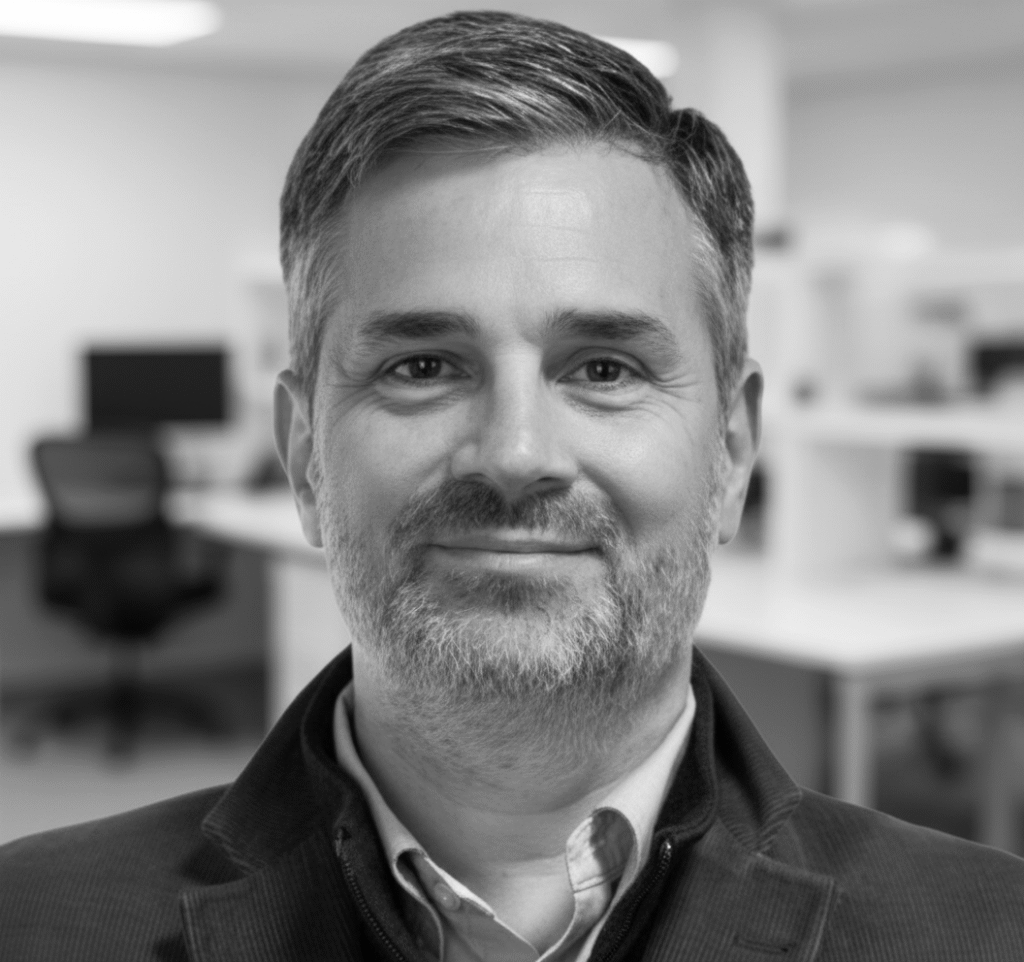
Alfonso Amat
CEO & Co-Founder
Alfonso is an entrepreneur and technology executive with 28 years of experience building and scaling successful ventures. Graduating in the top 10 of his Electronic Engineering class, he rapidly advanced to managing major IT projects by age 22 and pioneering data center services across Latin America for a Fidelity Investments-backed startup at 24. At Telefónica, he grew the convergent business twentyfold in five years as Head of Product Marketing.
In 2012, Alfonso founded IAMAT, developing AI and real-time interaction systems for clients such as Verizon, the Olympic Games Committee, and Lionel Messi’s global digital presence—leading to its acquisition by Globant (NYSE: GLOB) in 2018. After six years at AWS supporting the growth of Latin America’s startup ecosystem, Alfonso co-founded CellRep to return to his early passion at the intersection of technology and biology, building innovative platforms that make cell therapies more accessible and effective.
Federico Perdomo Celis
CSO & Co-Founder
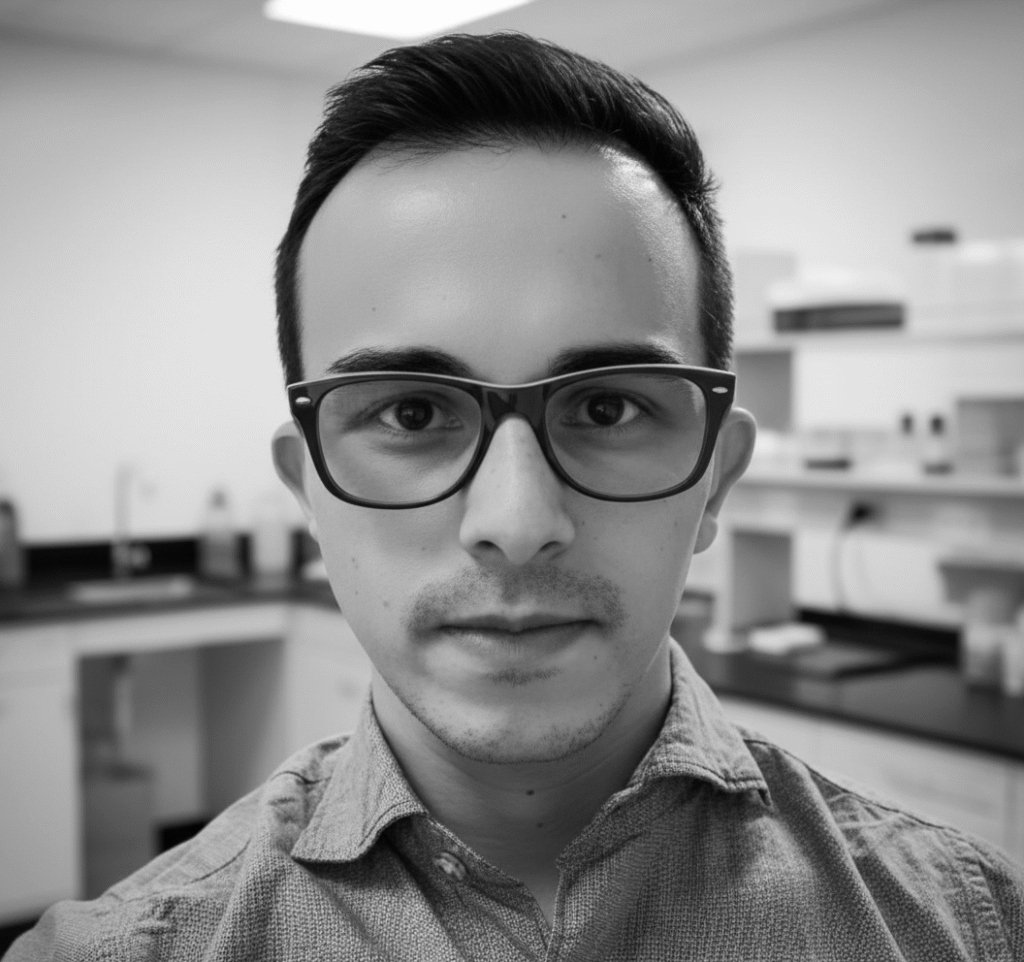
Federico is a Medical Doctor and PhD in Immunology, with postdoctoral training at Institut Pasteur in Paris. He is a recognized immunologist with an extensive publication record on immune responses to viral infections and tumors, with a particular focus on T cell biology.
His research on HIV control without antiretroviral therapy led to the development of a system for reprogramming T cells to enhance their functional capacity.

Federico Perdomo Celis
CSO & Co-Founder
Federico is a Medical Doctor and PhD in Immunology, with postdoctoral training at Institut Pasteur in Paris. He is a recognized immunologist with an extensive publication record on immune responses to viral infections and tumors, with a particular focus on T cell biology.
His research on HIV control without antiretroviral therapy led to the development of a system for reprogramming T cells to enhance their functional capacity.
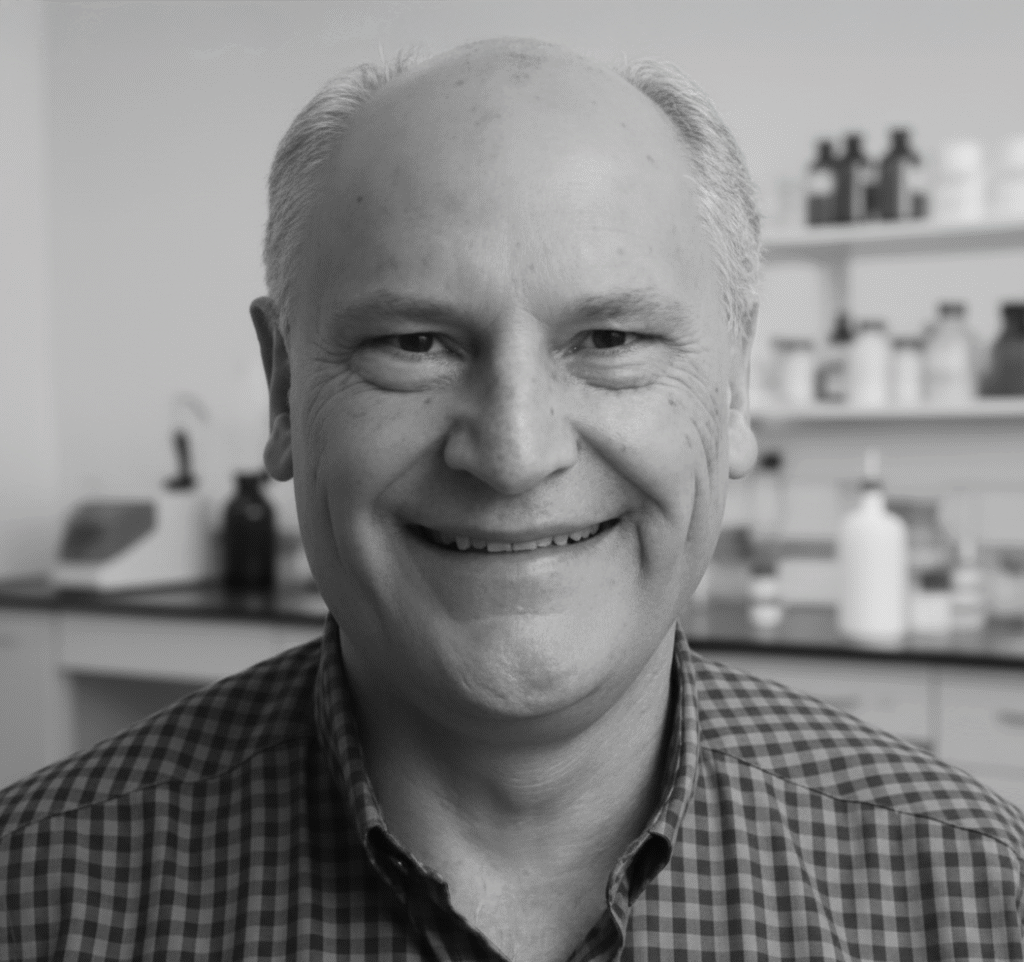
Manuel Franco Cortés
CCO & Co-Founder
Manuel is a Medical Doctor and PhD in Immunology, with postdoctoral training at Stanford University. He has extensive experience in vaccine and immunotherapy research, with a focus on improving T cell response efficacy.
Julian Ganzabal
CAIO & Co-Founder
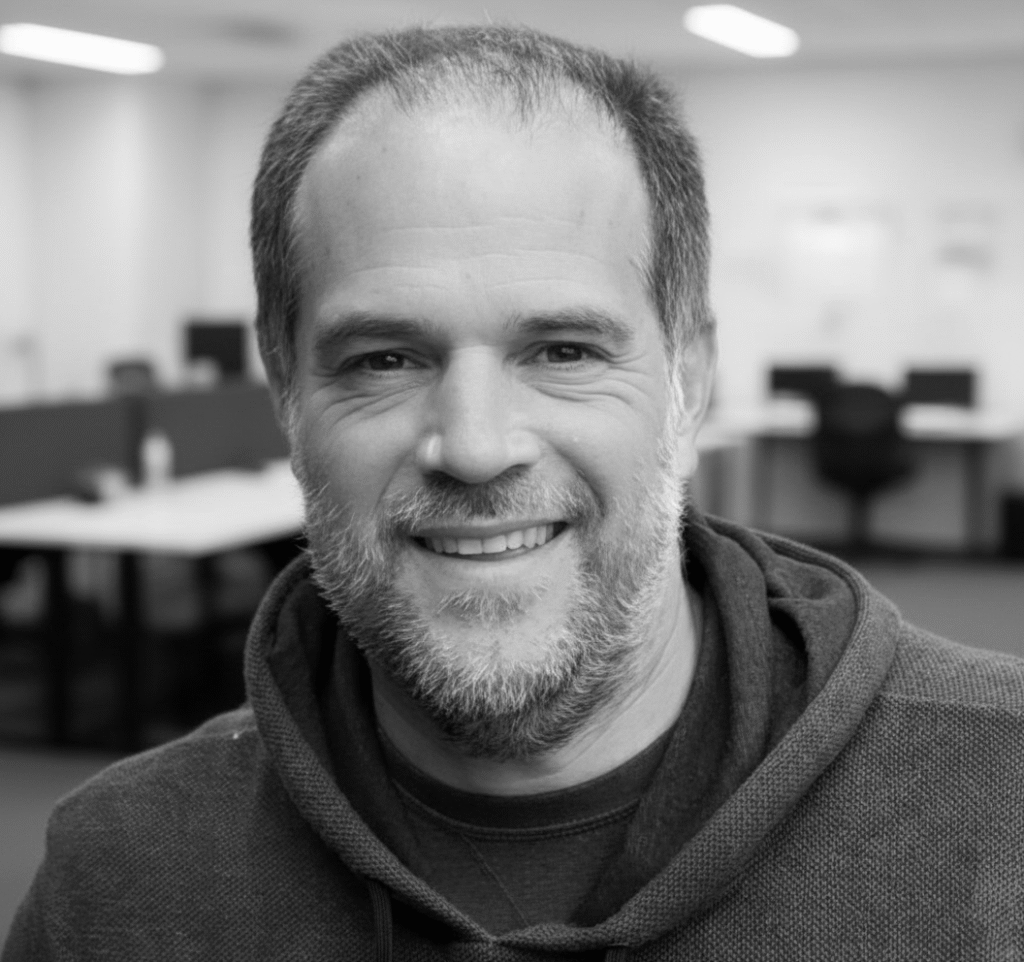
Julian is an Electronic Engineer and experienced Machine Learning specialist, focused on the full ML lifecycle (MLOps), model design, and deployment. He is a professor at the Instituto Tecnológico de Buenos Aires (ITBA), where he co-directs and teaches the Deep Learning degree program. With over 25 years of experience, Julian is committed to advancing AI-driven solutions in biomedical research and beyond.

Julian Ganzabal
CAIO & Co-Founder
Julian is an Electronic Engineer and experienced Machine Learning specialist, focused on the full ML lifecycle (MLOps), model design, and deployment. He is a professor at the Instituto Tecnológico de Buenos Aires (ITBA), where he co-directs and teaches the Deep Learning degree program. With over 25 years of experience, Julian is committed to advancing AI-driven solutions in biomedical research and beyond.
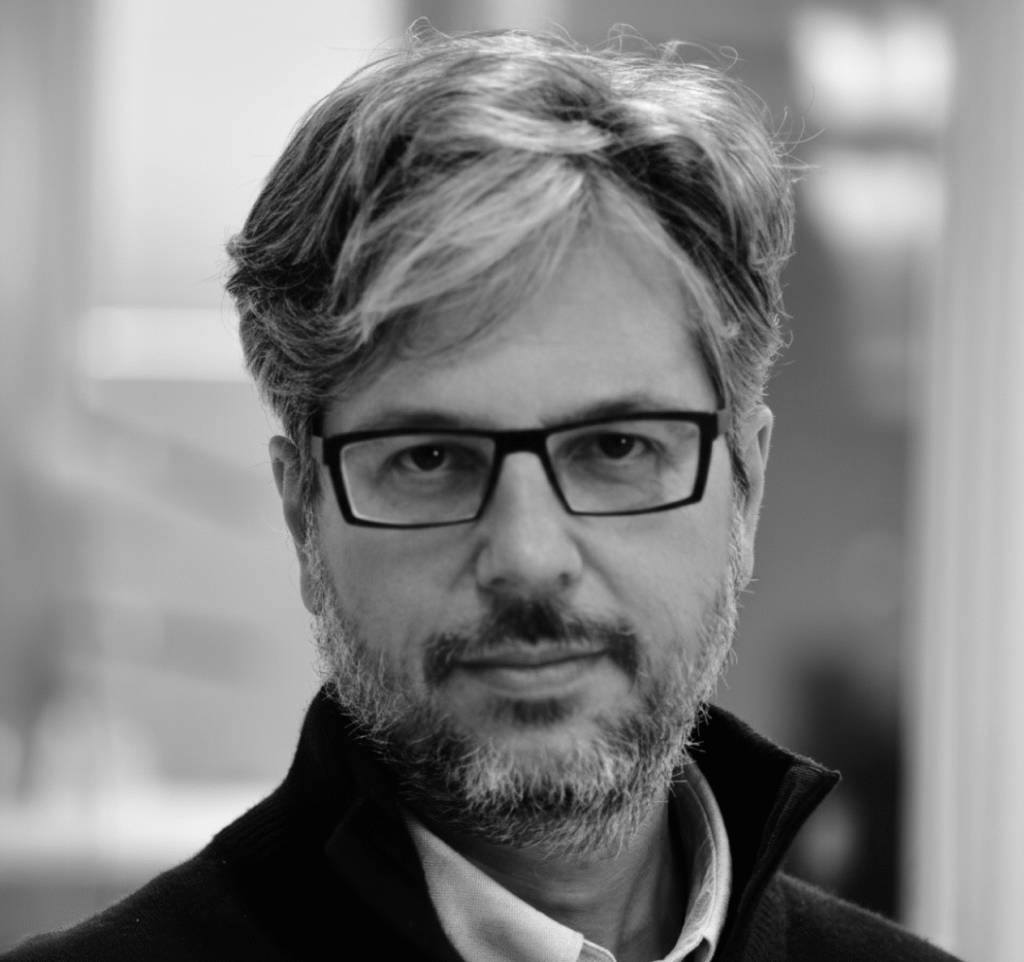
Luca Gattinoni
Advisor
Luca Gattinoni, M.D., holds the Chair for Functional Immune Cell Modulation at the University of Regensburg and directs a division at the Leibniz Institute for Immunotherapy. He earned his medical degree from the University of Milan (1998) and completed oncology residency at the National Cancer Institute in Milan (2003). At the U.S. National Cancer Institute, he conducted postdoctoral research under Dr. Nicholas Restifo (2003–2008), later serving as Staff Scientist (2008–2013) and Stadtman Investigator (2013–2019).
His research focuses on harnessing T cells to treat cancer. He discovered human stem cell memory T cells (Tscm) and has translated this into clinical adoptive cell therapy strategies. His lab investigates molecular and metabolic mechanisms underlying T cell stemness to improve immunotherapy effectiveness. He has published over 100 papers and received multiple awards, including the SITC Presidential Award (2004), Wilson S. Stone Memorial Award (2012), and NCI Director’s Intramural Innovation Award (2013).



